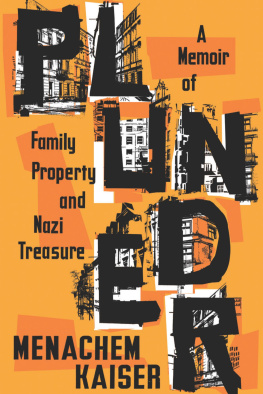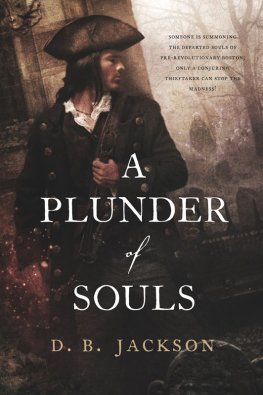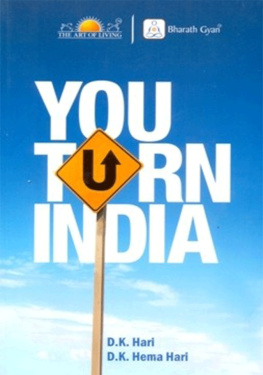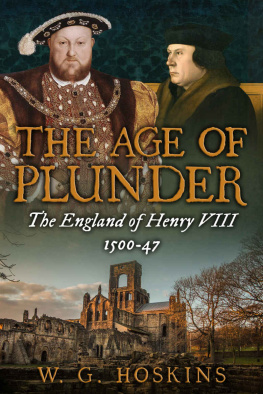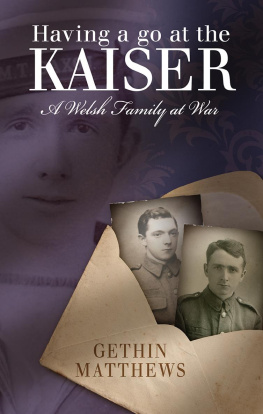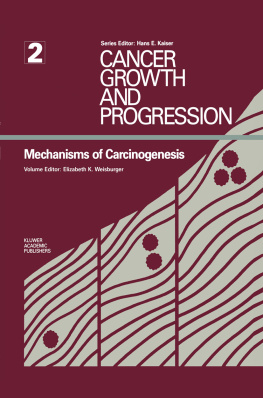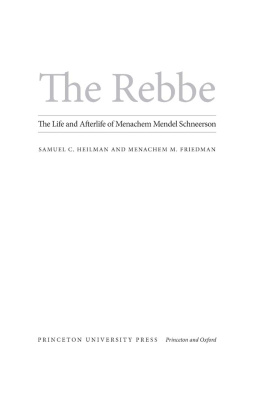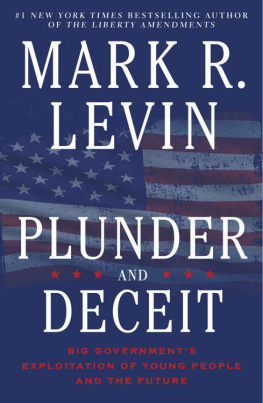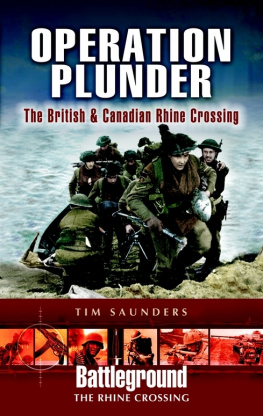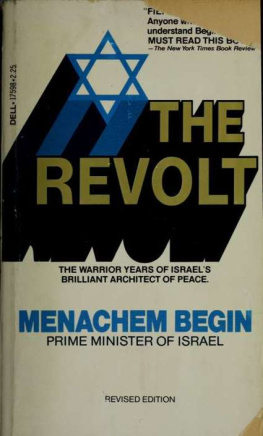Menachem Kaiser - Plunder
Here you can read online Menachem Kaiser - Plunder full text of the book (entire story) in english for free. Download pdf and epub, get meaning, cover and reviews about this ebook. year: 2021, publisher: HMH Books, genre: Detective and thriller. Description of the work, (preface) as well as reviews are available. Best literature library LitArk.com created for fans of good reading and offers a wide selection of genres:
Romance novel
Science fiction
Adventure
Detective
Science
History
Home and family
Prose
Art
Politics
Computer
Non-fiction
Religion
Business
Children
Humor
Choose a favorite category and find really read worthwhile books. Enjoy immersion in the world of imagination, feel the emotions of the characters or learn something new for yourself, make an fascinating discovery.
- Book:Plunder
- Author:
- Publisher:HMH Books
- Genre:
- Year:2021
- Rating:3 / 5
- Favourites:Add to favourites
- Your mark:
- 60
- 1
- 2
- 3
- 4
- 5
Plunder: summary, description and annotation
We offer to read an annotation, description, summary or preface (depends on what the author of the book "Plunder" wrote himself). If you haven't found the necessary information about the book — write in the comments, we will try to find it.
Plunder — read online for free the complete book (whole text) full work
Below is the text of the book, divided by pages. System saving the place of the last page read, allows you to conveniently read the book "Plunder" online for free, without having to search again every time where you left off. Put a bookmark, and you can go to the page where you finished reading at any time.
Font size:
Interval:
Bookmark:
Copyright 2021 by Meir Menachem Kaiser
All rights reserved
For information about permission to reproduce selections from this book, write to or to Permissions, Houghton Mifflin Harcourt Publishing Company, 3 Park Avenue, 19th Floor, New York, New York 10016.
hmhbooks.com
Library of Congress Cataloging-in-Publication Data
Names: Kaiser, Menachem, 1985 author.
Title: Plunder : a memoir of family property and Nazi treasure / Menachem Kaiser.
Other titles: memoir of family property and Nazi treasure
Description: Boston : Houghton Mifflin Harcourt, 2020.
Identifiers: LCCN 2020033851 (print) | LCCN 2020033852 (ebook) | ISBN 9781328508034 (hardcover) | ISBN 9780358449836 | ISBN 9780358449904 | ISBN 9781328506467 (ebook) Subjects: LCSH: Holocaust, Jewish (19391945)PolandSosnowiec (Wojewodztwo Slaskie)Reparations. | Kaiser, Meir Menachem, 19211977Family. | Inheritance and successionPoland. | Jewish PropertyPolandSosnowiec (Wojewodztwo Slaskie)20th century. | World War, 19391945Claims. | World War, 19391945Destruction and PillagePoland. | Kaiser family. | Treasure trovesPoland. | Sosnowiec (Wojewodztwo Slaskie, Poland)History20th century.
Classification: LCC D819.P7 K35 2020 (print) | LCC D819.P7 (ebook) |DDC 940.53/18144dc23
LC record available at https://lccn.loc.gov/2020033851
LC ebook record available at https://lccn.loc.gov/2020033852
Maps and diagrams by Mapping Specialists, Ltd. Images. Diagrams of Sobo and Oswka adapted from Creative Commons/Les7007.
Cover design by Jaya Miceli
Author photograph Beowulf Sheehan
v2.0321
To Zaidy
My fathers father, Maier Menachem Kaiser, died in April 1977. This was eight years before I was bornI didnt know him, we had had no grandfather-grandson moments, Id never given him a hug, hed never given me gifts my parents werent thrilled about, hed never scolded me for running into the street or told me he loved me. To me he was the father my father had once had and thats it. I knew astonishingly little about him, much less than could be attributed to our lives lack of overlap. What did I know? I knew the pit stops in the obituary. I knew he was born in Poland (but not which city); I knew that he survived the war (but not a single detail beyond that); and I knew that after the war he moved to Germany, where in 1946 he married Bertha Ramras and had one child, my uncle; then to New York, where my father and my aunt were born; then to Toronto, where he died, at fifty-six, of heart failure.
Whatever slim conception I had of my grandfather came from what my father told me, usually on the anniversary of my grandfathers death, the yahrtzeit. On that day my father and I had a routine, same every year, fixed, ritualized. Just before sunrise my father wakes me up and we go to shul, where he leads the services and says the Kaddish. Afterwards he brings out a couple of bottles of schnapps, a bag of pastries, a bag of crackers. The dozen or so men gather around, have a shot, have some pastry, and say to my father, May his neshama have an aliyah. They say this in the manner one offers holiday greetingsformally, perfunctorily, but not unkindly. My father replies amein, thank you.
After shul he and I drive to the cemetery. It is exceptionally well maintained, laid out according to synagogue affiliation, and neighborhood-like, with soft demarcations and ordered avenues: Beth Emeth, Minsker, StoCN italitzer, Anshei Minsk. Modest even in the afterlife, the men and the women are buried separately.
We park and walk to my grandfathers grave, where we read Psalms. There are Psalms for every occasion. At a gravesite you say chapters 33, 16, 17, 72, 91, 104, and 130; and then in chapter 119, which is composed of twenty-two paragraphs, one for each of the Hebrew letters, you read the paragraphs corresponding to the spelling of the name of the departed. I read the Psalms very quickly, for me this was yet another spiritual chore, I am practiced at chewing through the Hebrew. But once I am done I have nothing to do, nowhere to go, so I stand in front of my grandfathers grave, bored but not restless, and watch my father. Hes a very good-looking man, square jaw, full head of black hair, trim. Hes wearing what hes always wearing: Dockers, sensible shoes, white or blue button-down shirt, dark windbreaker, and dark baseball cap (he is entirely indifferent regarding the logo: it could be SWAT or FUBU ). He reads the Psalms much slower than I do, slower even than his usual prayer-speed. My father is a man of habithe extracts a deep comfort, even a kind of strength, from rules and routineand his intensity reveals itself in the prescribed methods. I dont know what my father feels and thinks about his father. But whatever those thoughts and feelings are, they are displayed, if not quite articulated, when he prays quietly but not silently at his fathers grave. He shuts his eyes tight enough that his temple creases. Here and there his voice, caught on a Hebrew word, rises and breaks. My father is crushing the Psalmists words in his mouth. Most years he does not cry, but sometimes he doessobless, stoic tearsand I peek out at him, uncomfortable, uncertain as to what, if anything, I am supposed to do. It occurs to me now that these are the only instances Ive ever seen my father cry.
On the tombstone is my grandfathers full Hebrew name, which is my full legal name: Meir Menachem Kaiser. (My parents updated the English spelling of Maier.) It is strange to see your name engraved on a tombstone. I wouldnt say its unsettling or disturbingIm still young, I dont have many thoughts, profound or otherwise, regarding deathits just weird. The rest of the tombstone is taken up by a short Hebrew poem, a play on his nameMeir is derived from the Hebrew word that means light, Menachem from the word that means comfort: The light[meir]of our eyes has been taken from us / We have no comfort[menachem].
As a poem its not much, but it is sincere, upfront, unpretentious. I am sure that the poem affected, and continues to affect, those who knew my grandfather.
I never met my grandfather; I am not deeply affected. I am not numbat a gravesite you feel something: you feel the shape of sadness, you feel an empathetic stab that others feel the loss so viscerallybut my grandfather is nearly as abstract to me as is his grandfather, whose name not even my father knows. My grandfathers absence is a dry and untragic fact. That I bear his name is a circumstance of timing: had either of my two elder sisters been male, he would have been named Meir Menachem, which had been hanging there for eight years, waiting for a boy to fall onto.
When my father finally finishes the Psalms, he and I each take a rock from the ground and put it on top of the tombstone, a custom whose origins I dont know but which I take to mean: I was here, I remember. As we drive through and then out of the cemetery, my fatherfeeling raw, or plaintive, or perhaps lonelytalks about his father. But he doesnt say much, and his descriptions almost never go beyond frustratingly loose generalities; there are almost never any anecdotes, quotes, conflicts, setbacks, victories, habits, quirks, nothing that could give shape or form to the dead man we just visited. One year my father told me that my grandfather was a health fanatic. He did yoga, my father said, way before it was trendy. He stood on his head every day. One year he told me that my grandfather suffered from ulcers and drank Milk of Magnesia. Another year he told me that my grandfather and I were very similar. I asked my father to elaboratehow exactly am I like Zaidy? My father shook his head and said, I dont know, I just can see it.
Font size:
Interval:
Bookmark:
Similar books «Plunder»
Look at similar books to Plunder. We have selected literature similar in name and meaning in the hope of providing readers with more options to find new, interesting, not yet read works.
Discussion, reviews of the book Plunder and just readers' own opinions. Leave your comments, write what you think about the work, its meaning or the main characters. Specify what exactly you liked and what you didn't like, and why you think so.

